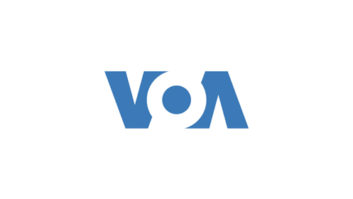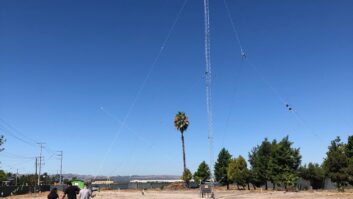The author is chairman of the Broadcasting Board of Governors, which oversees U.S. overseas broadcasting. He responds here to a petition circulated in Congress in July. The petition, signed by 450 VOA employees, calls for an investigation of the BBG.
The points in the petition also were discussed by Alan Heil Jr., a former VOA deputy director, in Radio World’s Aug. 11 issue. Radio World invited the BBG to respond to that article as well.
Contrary to allegations contained in a petition of Voice of America employees, Radio Sawa’s listeners in Iraq and throughout the Arab world learned of Saddam Hussein’s capture as soon as listeners to any other media outlet. Indeed, it is difficult to take seriously any document that makes such an erroneous charge.
In fact, Sawa expanded its news coverage on the day of Saddam’s capture to include live reports from stringers in Iraq, featuring interviews with ordinary Iraqis and Iraqi officials alike.
Of course, all news organizations that operate under the Broadcasting Board of Governors are congressionally mandated to have professional standards similar to those of the 1976 VOA charter. It’s in the law – the International Broadcasting Act of 1994.
The Act requires that all services supervised by the BBG follow the “highest professional standards of broadcast journalism,” and that its news be “consistently reliable, authoritative, accurate, objective and comprehensive.” The VOA petitioners cannot be allowed to distort these facts.
Sawa, Farda, Alhurra
Sawa airs 48 newscasts each broadcast day; its millions of listeners are never more than 20 minutes from the next news segment. Alhurra, the Arabic-language satellite television network, broadcasts 10 minutes of news at the top of every hour 18 hours per day; its lineup includes four hours of newscasts, documentaries, talk shows and a magazine show each day in prime time.
Radio Farda, our round-the-clock radio service for Iran offers its listeners – over the mullahs’ jamming efforts – eight hours of news and commentary out of each broadcast day.
BBG’s achievements go beyond Arabic-language and Persian radio broadcasts: the VOA Persian language daily television news program to Iran established itself with a huge audience within weeks of its debut a year ago. VOA’s newly inaugurated radio service to Pakistan, “Aap ki Dunya,” revamped the service and tripled the number of broadcast hours to this key state in the war on terror.
U.S. international broadcasting, far from deserving censure, deserves praise for the successful role it is playing in bringing our ideas – most important among them, this nation’s commitment to balanced, objective media as a pillar of modern liberal democracy – to a worldwide audience.
RW welcomes other points of view.







